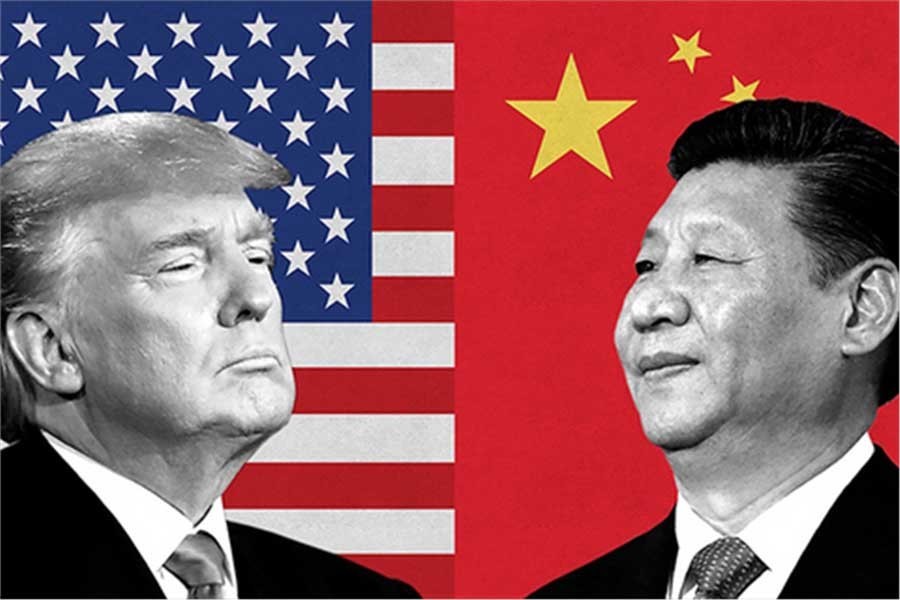Driven by populism, myopic self-interest and nationalism in the USA and Europe, the world is on the verge of a trade war. This is evident from the issuance of repeated threats as well as imposition of higher tariffs by the US President Donald Trump against his perceived adversaries in Europe, Asia and America. The EU, Canada and China in turn have also declared counter measures. It seems that the situation may go out of control any time in the foreseeable future. The world is therefore now facing the daunting prospect of an all-out trade war, which will not spare even minnows like Bangladesh. Against such a backdrop, the UN Conference on Trade and Development (UNCTAD) has recently released a document detailing the possible impact of a trade war, if it really happens, on different countries including Bangladesh. It estimated Bangladesh might be facing soaring tariffs to the extent of 43.40 per cent. In sharp contrast, the country is currently enjoying an average tariff of only 3.0 per cent in the global arena.
Leaving aside Trump's recent onslaughts, a review of the global trade regime would reveal that the terms of trade have always favoured the powerful states. The G-20 nations have also consistently increased protectionism since the global financial crisis of 2007-8, often with painful consequences for the developing countries. These measures included export taxes, tariffs and non-tariff barriers as well as counterproductive foreign aid. In fact, free trade has merely remained an attractive proposition, because mankind has never lived in a world sufficiently free of protectionism. And now the developing countries like Bangladesh are confronting an even worse scenario after being brutalised over the years by the protectionist might of the rich in the form of tariffs, subsidies and state-sponsored bailouts. The ruthlessness with which the powerful nations protect their self-interest has now become more flagrant and visible than ever before.
Now, what should Bangladesh do in the face of such an ominous prospect? First and foremost, there should be a comprehensive review of the current status of Bangladesh with regard to the global tariff regime. Then an elaborate analysis should be undertaken regarding its macro and micro environments as well as strategic capabilities. This should be followed by a detailed examination of the internal strengths-cum-weaknesses and the external opportunities-cum-threats. Finally, contingency plans should be devised against possible scenarios in case of a fully blown-out trade war. The ultimate aim would be turning a threat into an opportunity for revival and progress of the nation.
Apart from opting for protectionist measures to safeguard the local producers, gearing up regional economic cooperation and opening up free trade areas for getting better deals, Bangladesh should go for introspection of its potentials in order to devise a more resilient future. For example, export-oriented industries like readymade garments (RMG) may divert their attention to the local market in case the export market becomes difficult or unsustainable due to enhanced tariffs. Opening of RMG brand shops in greater numbers inside the country is a recent example, which can be emulated by other sectors as well. This would also serve the dual purpose of branding as well as capturing a bigger slice of the high-end products, which is currently dominated by imports from China, India and Pakistan.


